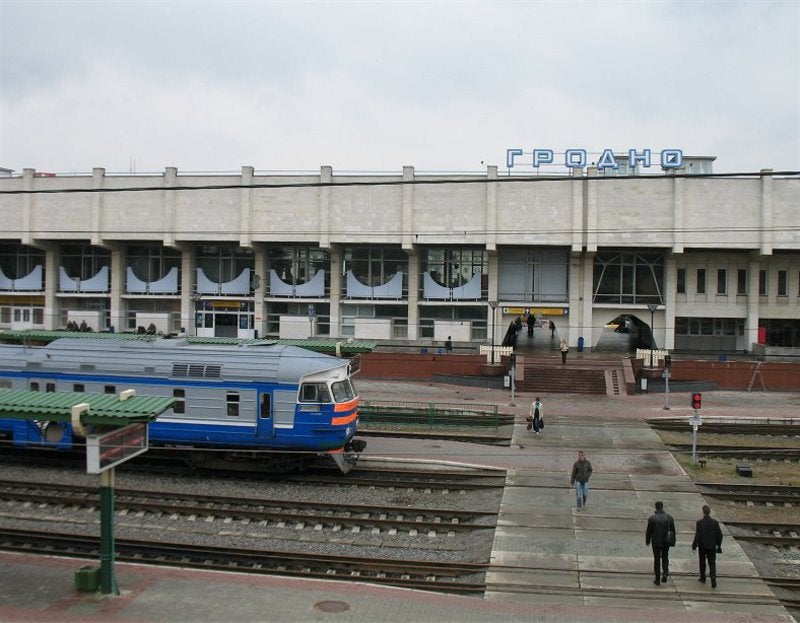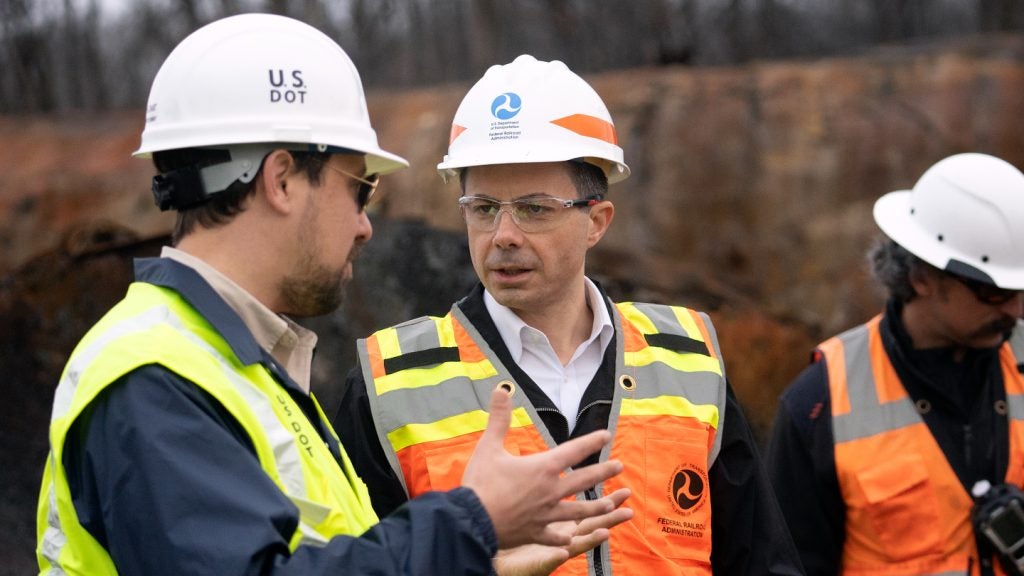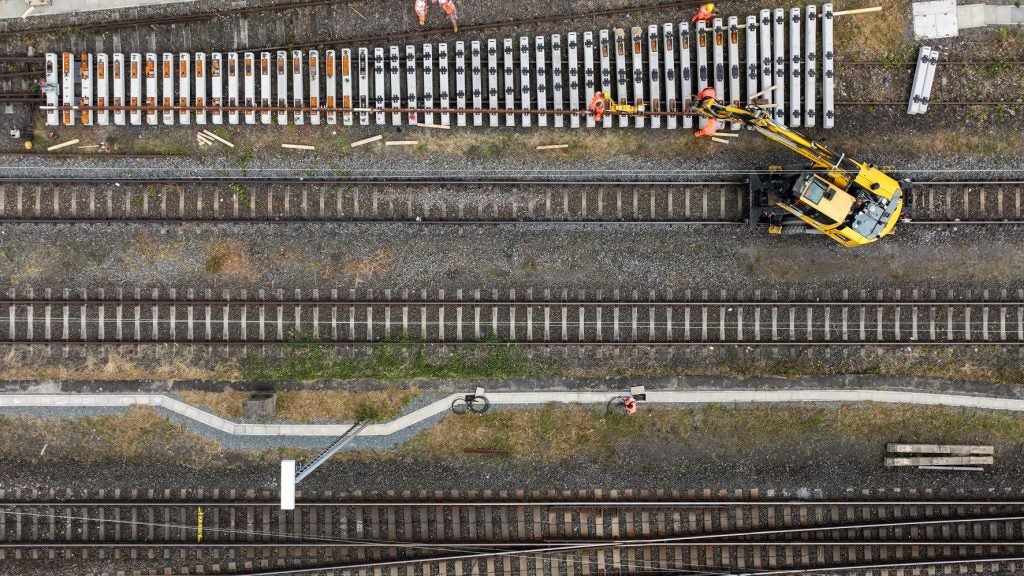
World Bank has urged Belarus to introduce rail reforms and restructure the country’s railway sector in order to boost competitiveness and passenger experience.
The international financial institution has published a report called Railway and Logistics Sector Study for Belarus, which advocated organisational restructuring, tariff reforms and strategic use of digital technologies in the Eastern European country’s railway sector.
World Bank country manager for Belarus Alex Kremer said: “Belarusian Railways isn’t a company in the conventional sense, it’s a Public Association that supervises 29 different state-owned legal entities, each with its own balance sheet, statement of accounts and assets, and decision-making processes.
“Consolidating all these entities into a single state-owned enterprise would help improve the sector’s overall management and competitiveness.”
The report highlighted that the railway sector’s share of transit traffic in Belarus has dropped from 35% to 29% in the last decade.
The decline was largely attributed to the railway sector’s organisational structure and tariff policies, as well as an increase in road transport in the country.
How well do you really know your competitors?
Access the most comprehensive Company Profiles on the market, powered by GlobalData. Save hours of research. Gain competitive edge.

Thank you!
Your download email will arrive shortly
Not ready to buy yet? Download a free sample
We are confident about the unique quality of our Company Profiles. However, we want you to make the most beneficial decision for your business, so we offer a free sample that you can download by submitting the below form
By GlobalDataFurthermore, as most rail prices are regulated by the government, local passenger service tariffs decreased comparatively with respect to international rates, thereby affecting railway’s income.
To combat the falling earning, Belarusian Railways charged higher taxes on freight movement, which further adversely affected its competitiveness.
In the study, World Bank called on Belarus to pursue a strategy that includes the revaluation of assets, modifications to accounting practices and devising proper business plans for freight and passenger rail.
It also recommends leveraging digital technologies to improve customer service and operational efficiency.







